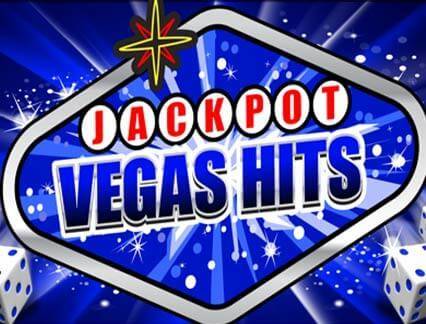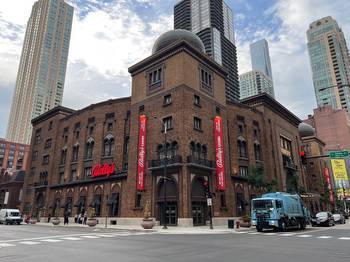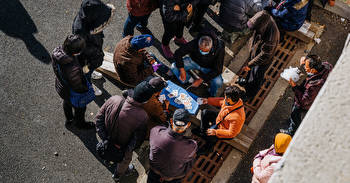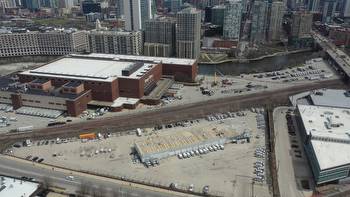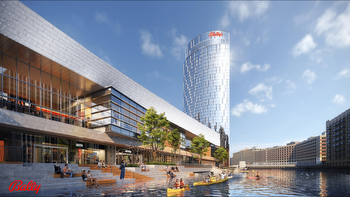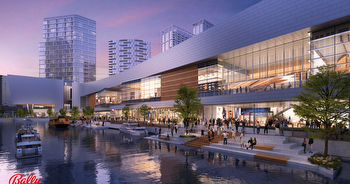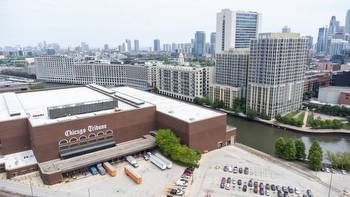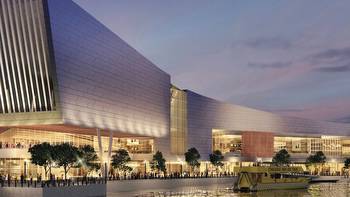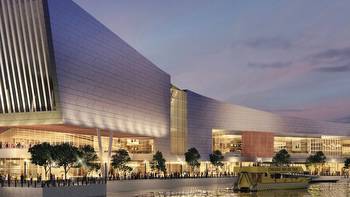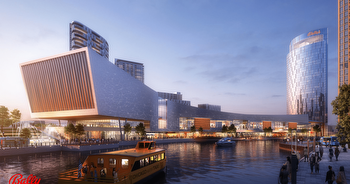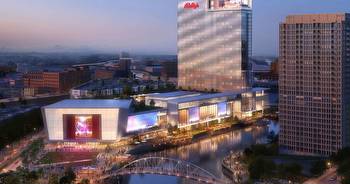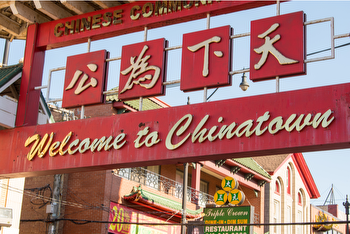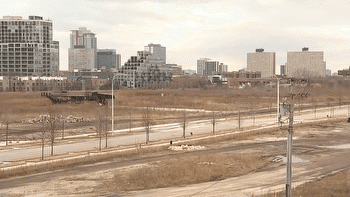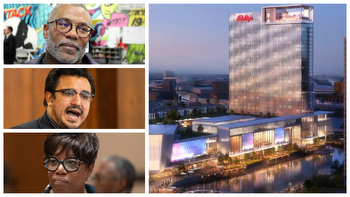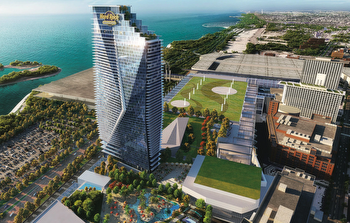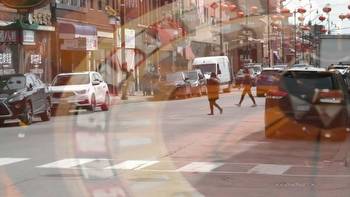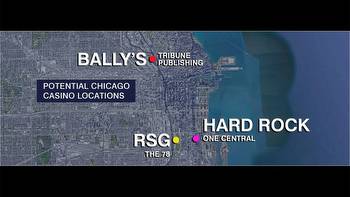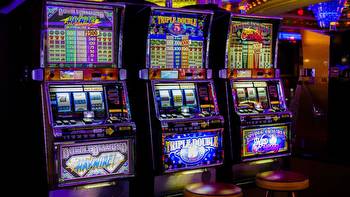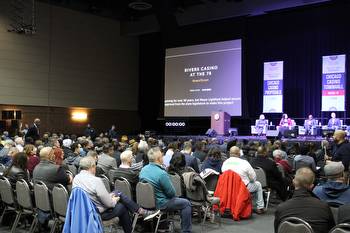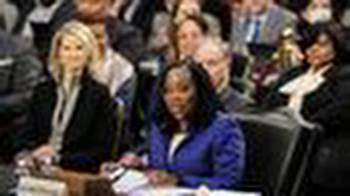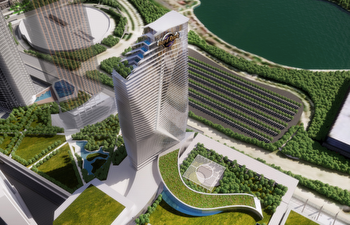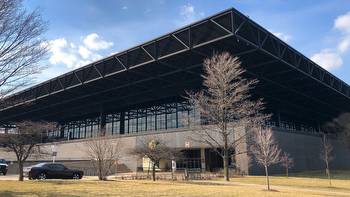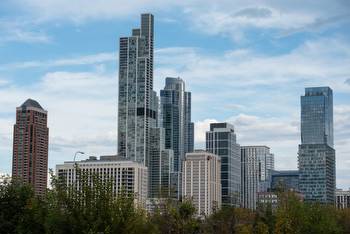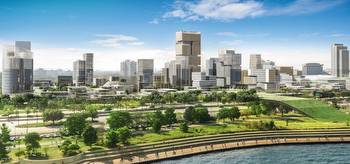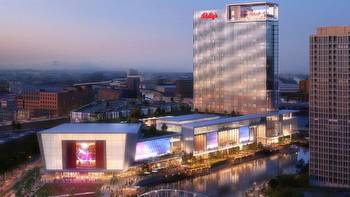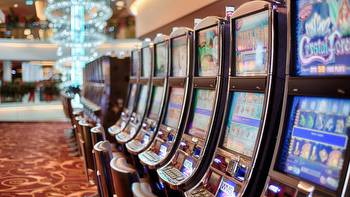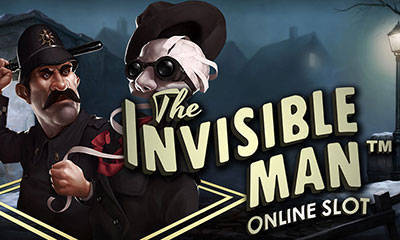If A Chicago Casino Opens Near Chinatown, Community Members Say Problem Gamblers Need Support
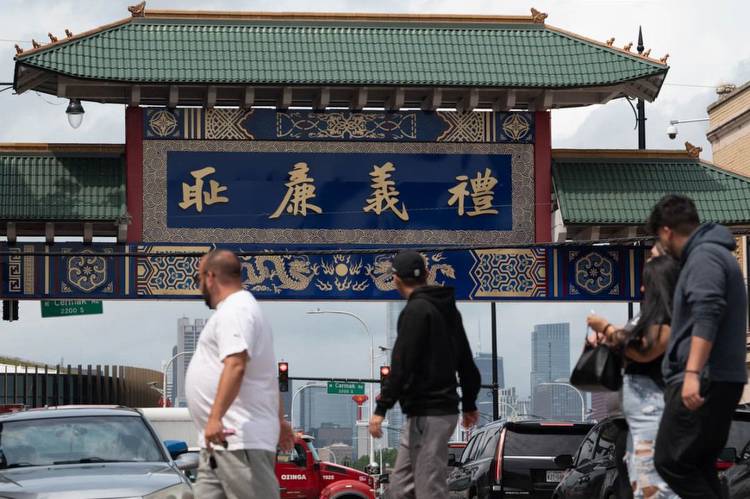
CHINATOWN — Chinatown leaders are raising concerns that four of the city’s proposed casino sites are in Near South Side neighborhoods, saying it could harm a community that has struggled with problem gambling.
The bids, announced Nov. 19, include the Chicago Tribune Publishing Center in the West Loop, two sites at McCormick Place, ONE Central in Bronzeville and The 78 just west of Chinatown.
Mayor Lori Lightfoot will submit one proposal to the Illinois Gaming Board by early 2022, according to WBEZ. A public hearing is planned for Thursday.
Following the statewide gambling expansion in 2019, the city is eager to benefit from its first casino. Lightfoot also supports allowing sports betting at major stadiums, which the City Council could approve as soon as Wednesday.
But some Chinatown community leaders don’t want a casino near their neighborhood. Without added resources about gambling disorders, they say it risks exploiting already vulnerable populations.
Some residents are concerned “because someone in their family had gambled away money or can’t stop gambling,” said Grace Chan McKibben, executive director of the Coalition for a Better Chinese American Community.
Gambling is a recreation in Chinese culture, local leaders say, but because it is so common, the lines between leisure and addiction easily blur.
“If you were to ask anyone off the street, most likely nine out of 10 will tell you they know someone who struggles with” problem gambling, said Eunice Liao, who leads the Problem Gambling Program at the Pui Tak Center.
Locals have raised concerns for years about how a city casino would affect Chinatown residents.
Longtime neighbors and community leaders say there has been a “history of predatory practices and exploitation that has targeted residents,” state. Rep. Theresa Mah said.
When Indiana casinos opened more than a decade ago, “there were a lot of free buses circulating in the community in a predatory manner,” Mah said. Before the COVID-19 pandemic, billboards with casino ads filled Chinatown streets, and casinos offered free food, drinks and gaming chips as incentives, Liao said.
“They make it easy if you want to gamble,” Liao said.
Illegal gambling within Chinatown has been an issue, as well.
In 1994, federal authorities seized the On Leong Chinese Merchants Association building, 2216 S. Wentworth Ave., which was operating a multimillion-dollar system featuring Chinese gambling games tailored to the community, according to the Tribune. Leaders of the organization were conviction of gambling and racketeering charges. The Chinese Christian Union Church transformed the building into the Pui Tak center.
In 2012, police seized more than $38,000 from a neighborhood gambling parlor, according to the Tribune.
Because of its history, gambling is a sensitive topic to address.
“We are seeing that not everyone is really on the same page regarding the negative consequences or the impacts of problem gambling,” said Lina Xie, Midwest Asian Health Association program coordinator. “Not many people want to talk about it.”
Programs at Pui Tak and Midwest Asian Health Association were started to raise awareness about the signs of gambling disorder, but finding culturally tailored treatment remains a challenge.
More than 61 percent of residents in the Armour Square community area, which includes Chinatown, primarily speak Chinese, according to the Chicago Metropolitan Agency for Planning.
But few treatment providers offer gambling addiction consultations with translation services, Xie said. Without in-house multilingual staff, clients “will need to find a [third-party] translation service,” Xie said.
The Illinois Department of Human Services launched a gambling prevalence study in November 2020 to better serve at-risk populations. Results suggest almost 4 percent of Illinoisans struggle with problem gambling and “probably twice that number in terms of percentages would be at risk for developing a gambling problem,” said David T. Jones, director of the department’s Division of Substance Use and Prevention Recovery.
The assessment is undergoing a final review and will be released in 2022, Jones said.
The state has increased funding for counseling services in recent years, but “it’s not nearly enough,” Mah said.
Organizers realize they may not have a choice in where the casino lands, so they’re pushing for prevention and education.
The Midwest Asian Health Association is applying for a treatment license to provide direct services, Xie said. To spread gambling awareness, the Problem Gambling Program will put up posters in areas of the city, Liao said.
In the meantime, they’re also leaning on city officials for support.
Ald. Byron Sigcho-Lopez (25th), whose ward includes Chinatown, wrote in a briefing to Lightfoot’s office he shares concerns about the possible casino location and potential “effects in communities of color.” He said the Mayor’s Office is reviewing his comments.
The Mayor’s Office did not respond to a request for comment.
Lightfoot has earmarked casino revenue to pay down firefighter and police pensions.
But if there is to be an economic boon from a nearby casino, some said they want it to benefit local neighborhoods. Chinatown has been fighting for a neighborhood high school for decades; casino revenue could help make that a reality, Chan McKibben said.
“It would be great if the casino revenue can be put back in the community,” Chan McKibben said.
Though Mah has no role in the decision-making process, she said she would like to “see as much community input as possible.”
“I hope that their voices get heard,” she said.
, an independent, 501(c)(3), journalist-run newsroom. Every dime we make funds reporting from Chicago’s neighborhoods.
Click here to support Block Club with a tax-deductible donation.
Thanks for subscribing to Block Club Chicago, an independent, 501(c)(3), journalist-run newsroom. Every dime we make funds reporting from Chicago’s neighborhoods. Click here to support Block Club with a tax-deductible donation.







